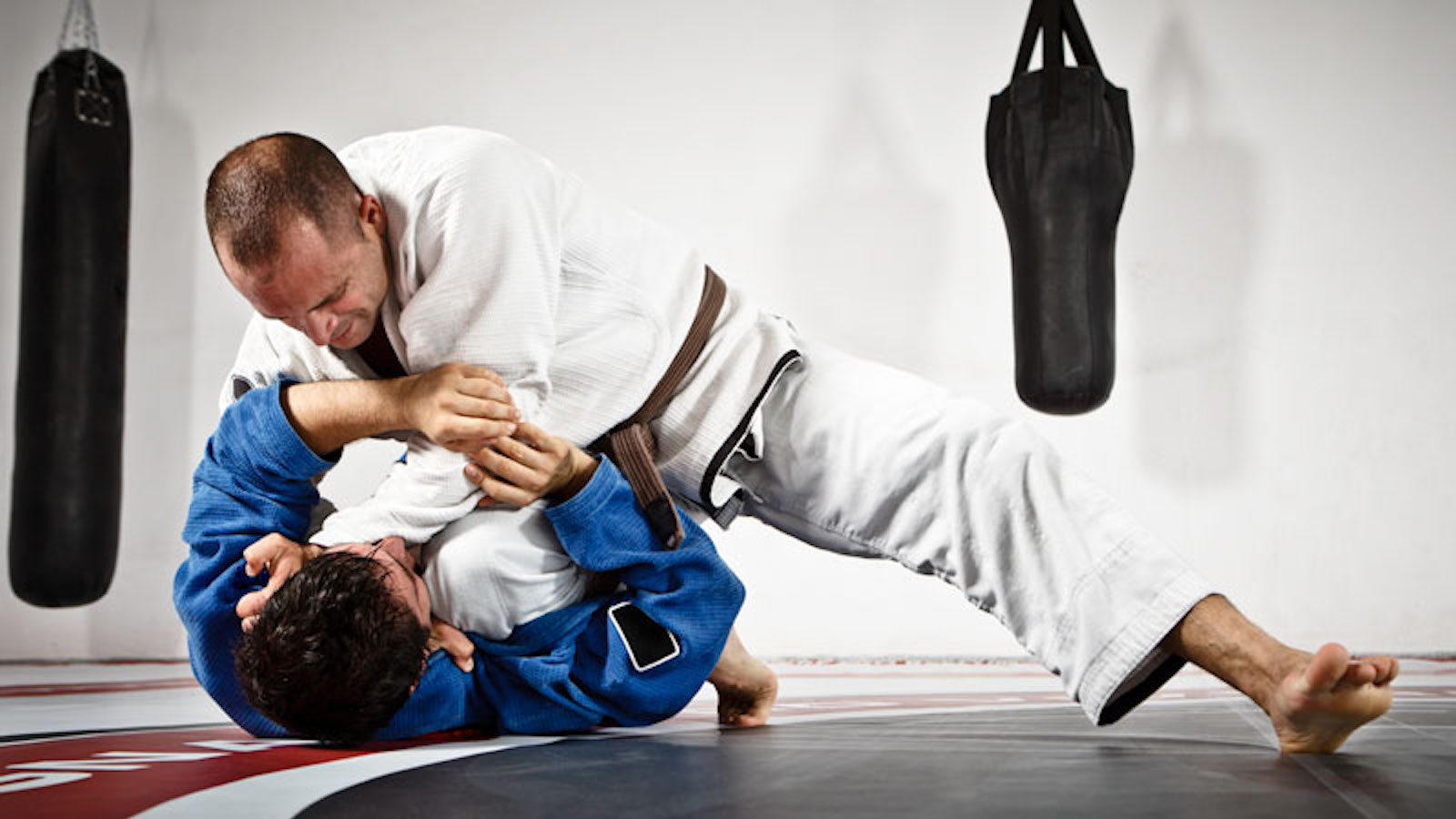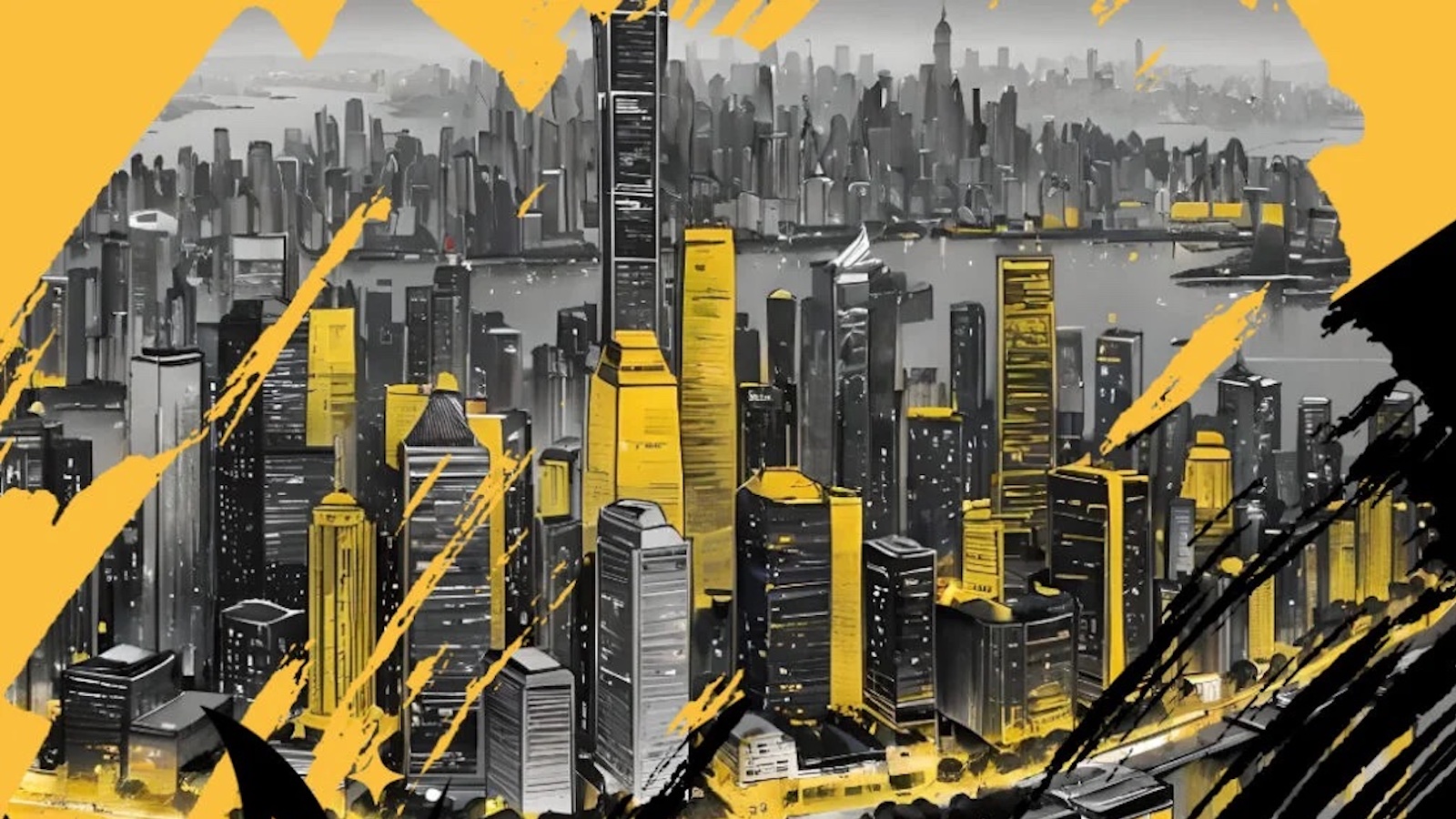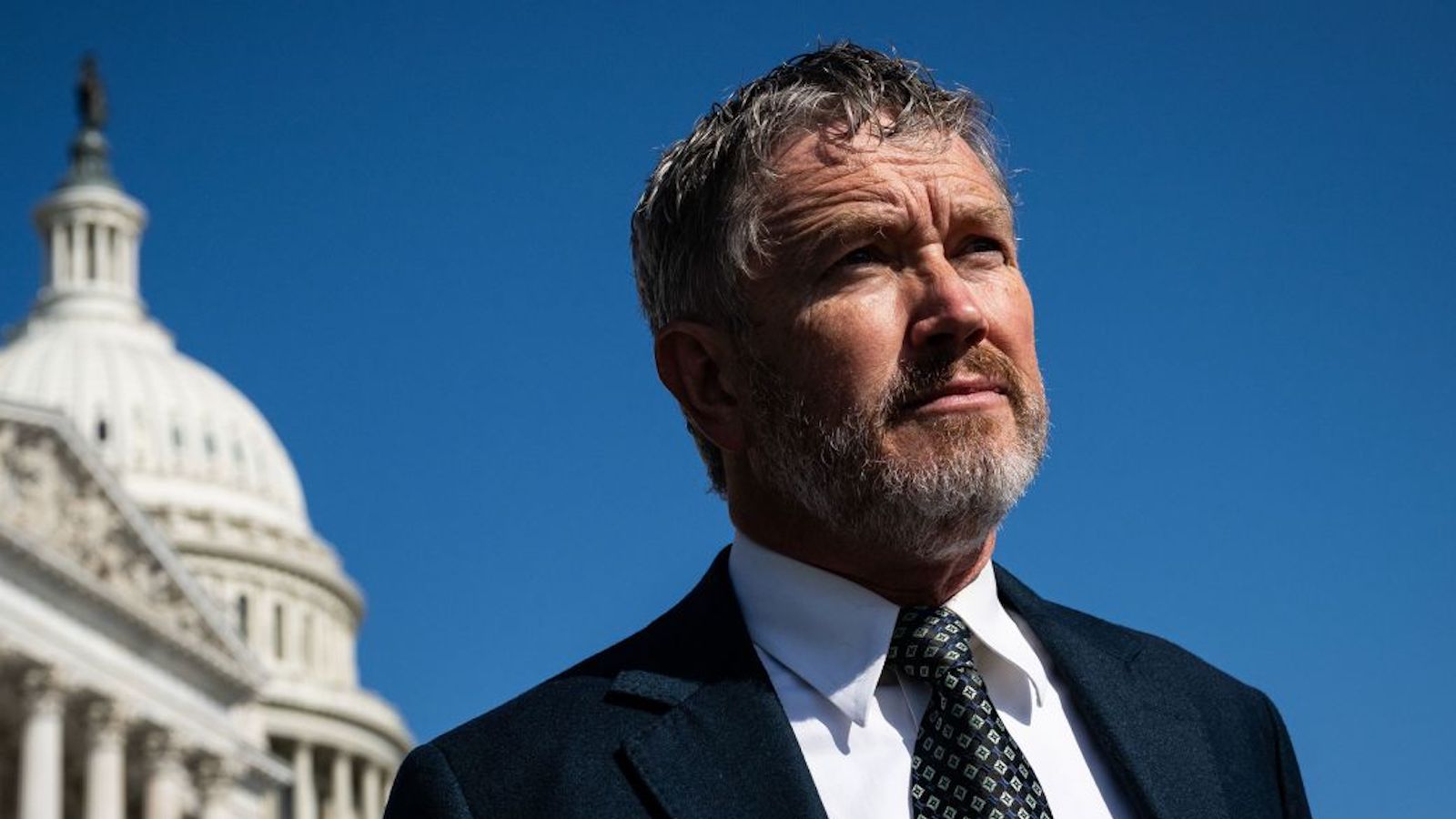
Jiu-Jitsu and Liberty
“Why the transfer of decisions from those with personal experience and a stake in the outcome to those with neither can be expected to lead to better decisions is a question seldom asked, much less answered.” —Thomas Sowell
Unconstrained Vision of Human Nature
You’re scrolling through social media, such as TikTok, Instagram, Facebook, YouTube, X (Twitter), or LinkedIn. You see posts from people pushing ideas of victimization, and promoting theories of conflict between groups and their identities.
The only solution to their perceived problems, that they see fit, is for more government interventions with greater public funding. They believe that only government-centralized direction from a top-down authority is the way out of their problems and societal problems.
These same people likely believe that the government should be there to protect everyone: economically, socially, politically, and physically. And, when the government fails to accomplish those goals, they believe that the solution is then more government and greater intervention.
As Thomas Sowell suggests in his book, A Conflict of Visions, their source of power is in the external world such as their environment, government, politics, and social structures. They tend to be politically left-leaning.
Constrained Vision of Human Nature
In contrast, Sowell proposes some people believe in an internal source of power. That is they have some control over what their life is like, whether economically, socially, politically, or physically. They do not rely on government interventions, or worry about social conflict theories regarding their own life and their respective circumstances or outcomes.
Instead, their focus is on personal development while asking themselves how they can continue to improve their lives with less dependence on others, especially government officials. There is neither certainty in other people’s actions nor a guarantee that the government can intervene appropriately or in time. Individuals with an internal source of power pursue self-sufficiency, and the solution to most of their perceived problems is greater personal growth. They tend to be politically right-leaning.
The Jiu-Jitsu Community Around the World
Outside of the political arena and more theoretical world, we can see there are traits of these two groups in our daily lives.
There is one seemingly unexpected place where you will likely find a large group of internal-source-of-power people who also tend to think on the political right or even the libertarian side of things: the jiu-jitsu community.
Jiu-jitsu is the fastest-growing martial art in the world today. Various academies have opened around the globe in mixed martial arts gyms, martial arts dojos, Brazilian jiu-jitsu gyms, and wrestling schools.
Branded teams have become common names in the mixed martial arts industry and sports media outlets. Such jiu-jitsu reputable franchises as Gracie Barra, 10th Planet, Atos, Checkmat, and Alliance, are seen in cities across the United States.
Jiu-Jitsu Celebrities
Jiu-jitsu elicits names such as Gordon Ryan, John Danaher, Eddie Bravo, Joe Rogan, Carlos Gracie, Roger Gracie, Renzo Gracie, Royler Gracie, Rickson Gracie, Helio Gracie, Jean Jacques Machado, Rigan Machado, Marcus Buchecha Almeida, Lucas Lepri, Pedro Sauer, Andre Galvao, and Mikey Musumeci.
There are well-known celebrities who train in jiu-jitsu, including Ed O’Neill, Mario Lopez, Ashton Kutcher, Mark Zuckerberg, Guy Richie, Russell Brand, Dave Bautista, Jason Statham, Jonah Hill, Nicholas Cage, Demi Lovato, Vince Vaughn, Usher, and Keanu Reeves, just to name a few.
History of Jiu-Jitsu
Jiu-jitsu is originally a Japanese martial art that evolved from judo. After jiu-jitsu was essentially taken to Brazil by Mitsuyo Maeda in 1914, it evolved with the Gracie Family and Machado Family from the judo variation to a more ground-focused grappling variation of the martial art. This is why some have called it Brazilian Jiu-Jitsu (BJJ), but that name is slowly changing to simply jiu-jitsu with more international influences beyond Japan, Brazil, or even the U.S.
Some other countries that also practice jiu-jitsu in larger numbers include Singapore, the United Kingdom, South Africa, Ireland, Denmark, Poland, Sweden, Australia, Thailand, the United Arab Emirates, Canada, and Saudi Arabia.
Jiu-jitsu teaches more than just self-defense or defending those around you. Jiu-jitsu does also teach how to attack and act as a human weapon, if necessary. However, it does even more than that to truly build a person.
Jiu-jitsu teaches us good habits for our physical health by pushing us to workout in new ways while keeping it fun and challenging. Jiu-jitsu breaks egos and builds up a person to know their capabilities. Jiu-jitsu brings a sense of community to each individual who is focused on their constant self-improvement. Jiu-jitsu boosts confidence and the ability to stay calm under pressure. Jiu-jitsu enhances a non-quitting attitude.
Some other notable characteristics include personal responsibility, delayed gratification, consistency, and an appeal to technique over strength or emotion. Overall, jiu-jitsu bolsters individual liberty. A number of jiu-jitsu schools have the names liberty, freedom, liberate, etc. in them, or the academy’s philosophy may reflect elements of libertarian ideas.
If you conduct a quick Google search, you will likely find several jiu-jitsu schools in your area. Some schools focus on training with a gi, which is a traditional martial art kimono, and no-gi, which is wearing a rashguard top and no kimono.
Liberty with Jiu-Jitsu
People who train in jiu-jitsu do not want to rely on the government to protect them and their loved ones. They’d rather be ready at all times with an advantage over a bully, gangster, thief, thug, or psycho. Jiu-jitsu practitioners tend to be of the mindset that their source of power is within.
If you yearn for greater liberty in your life, and you aspire to improve yourself physically and mentally, and you want a community of like-minded individuals, try joining a local jiu-jitsu gym. As a libertarian, you are able to better protect yourself and your loved ones, while keeping the confidence to freely speak your mind. Jiu-jitsu helps free people.
Free the People publishes opinion-based articles from contributing writers. The opinions and ideas expressed do not always reflect the opinions and ideas that Free the People endorses. We believe in free speech, and in providing a platform for open dialogue. Feel free to leave a comment.



